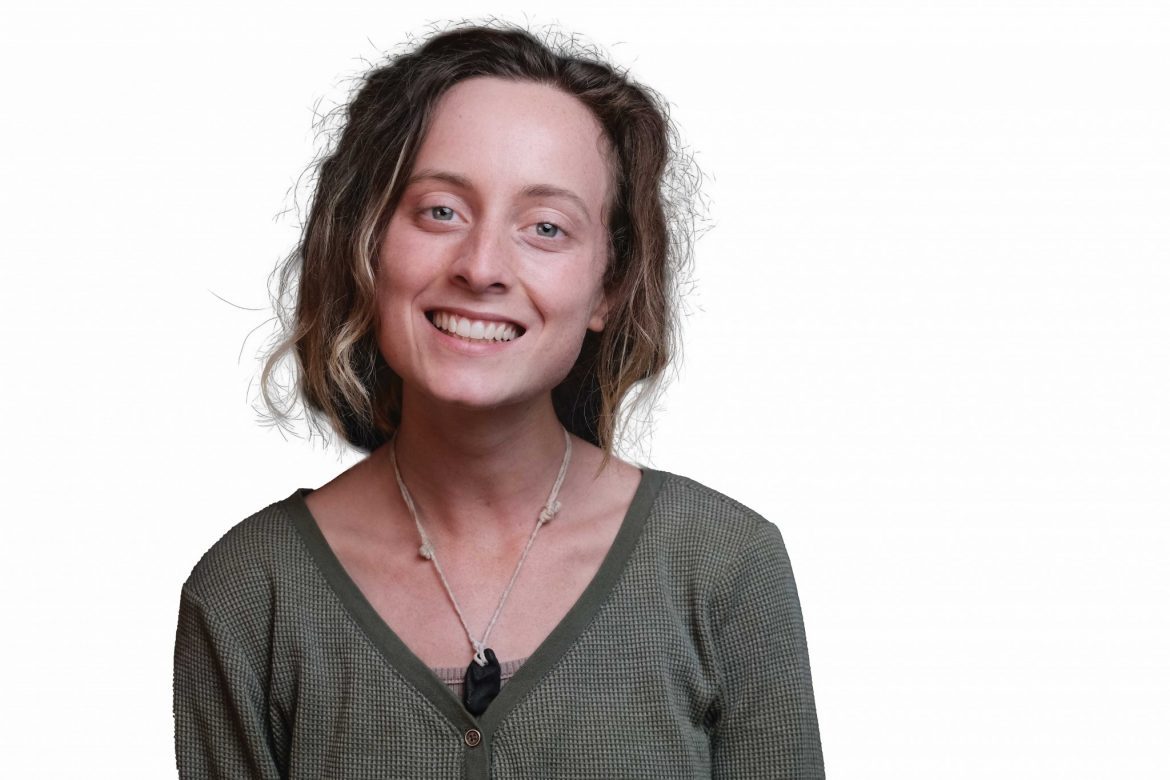The reality of the constant spread of misinformation relayed authoritatively as truth was put in the spotlight during the first presidential debate of the 2020 election on Sept. 29. A few days later, I watched the Netflix documentary, “The Social Dilemma,” and am now convinced of the need for society to develop a collective will for autonomy and truth.
Human susceptibility to catered business and information is a major problem within society that revolves around the way it has allowed the tech industry to manipulate culture. The negative effects of the technology of media on people today is evident in the day-to-day lack of personal communication as online communication has become primary — not to mention the influx of mental health issues and suicide rates. Behind these things are years of people within the tech industry making decisions without thinking of the consequences that have slowly programmed people, their psychology and their perception of the world and themselves. And people don’t realize it.
“The Social Dilemma” was released in January of this year and acts as an urgent wakeup call to how we, as humans living in a world of technology, are utilizing a “tool” with its own agendas, differentiating it from what a tool is. It is imperative people wake up to how they are constructing their perspective of the world based on their exposure to it.
The film features interviews with 13 different professionals who were directly involved in social media development or are prestigious directors of research on related topics. Harvard professor emerita Shoshana Zuboff referred to individualized advertising as a “market that trades exclusively in human futures.” Businesses like Facebook and Google utilize algorithms to produce individualized content and present it as fact and certainty, which influences the way people live within society, creating the future. Virtual reality pioneer Jaron Lanier described the current younger generation as being “raised within a context where the very meaning of communication, the very meaning of culture, is manipulation.”
Bigger than the danger of misinformation being represented as truth is media algorithms presenting tailored ideas and perceptions to people, enabling them to tell their devices what they want to see to then further develop a worldview based on what they already think and believe; the process of learning nothing more than a vacuum of affirmation. Big Tech platforms have taken steps to make sure things are factual, but the fact is they still utilize algorithms to get people to return by pushing content the user will approve. If development is defined as becoming more mature, advanced or elaborate (as it is by Oxford Languages), then development does not happen by the growth of a personal perspective. To become more, one has to be exposed to more than they have seen before and go beyond what they know for certain. Stephen Hawking said, “The greatest enemy of knowledge is not ignorance, it is the illusion of knowledge.”
I fear that we as the human race are giving up the proxy for truth and soon will live in a world where no one would believe what is true. Christof says in “The Truman Show,” “We accept the reality of the world with which we are presented.” I urge us to not accept what is presented. Let’s fight for a reality that we intentionally discover and artistically create. Society needs to look at itself and take steps toward actively pursuing truth and true connection, because the more we disagree on what is true, every other problem becomes less navigable.
Lanier said it is the critics who are true optimists. What if all of us at Harding lived out of an optimism for the betterment of society by critiquing flawed systems, questioning untruths, seeking out conversations and listening to the perspectives of others? What if we had faith in a humanity that could be healed?
